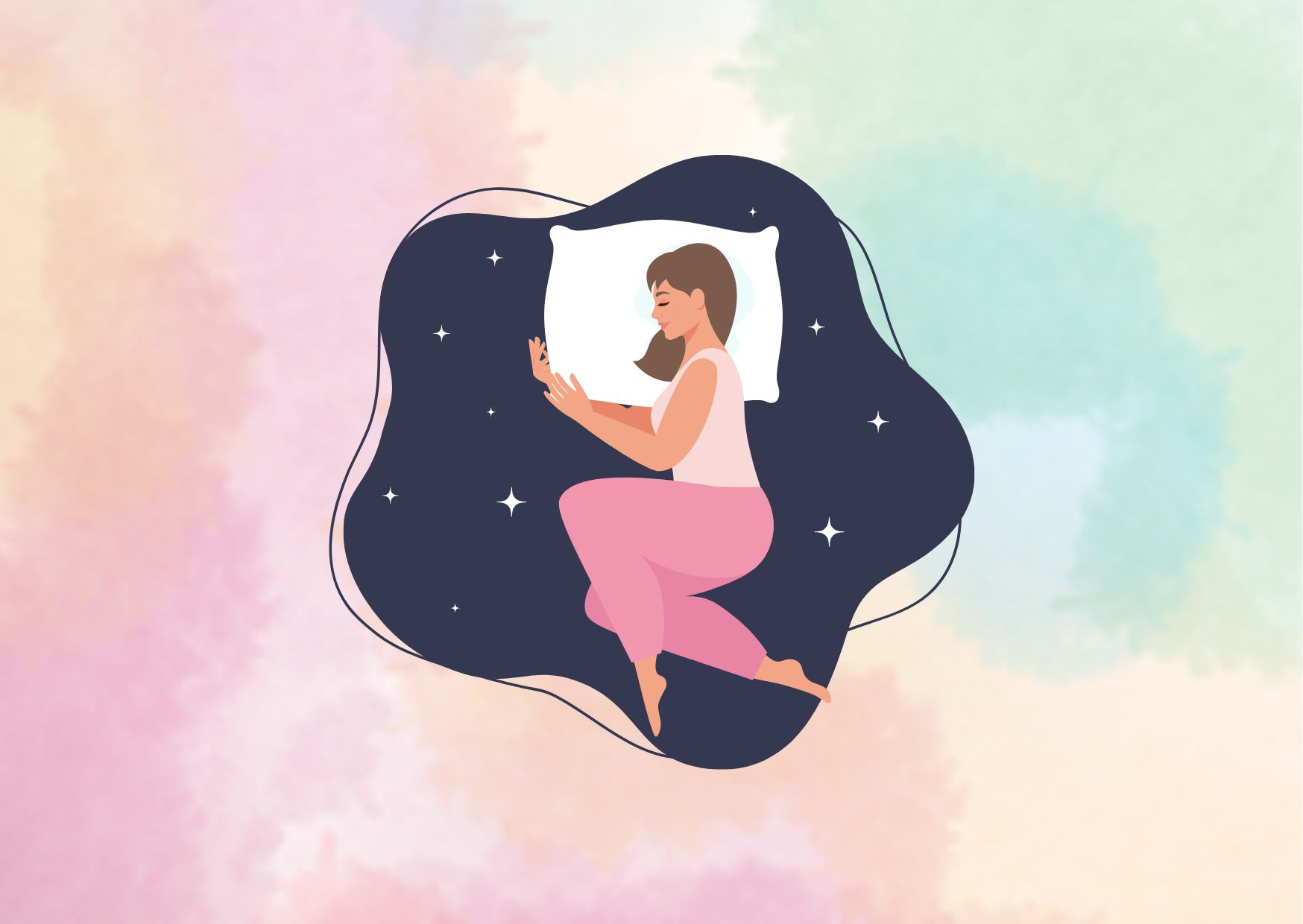Why Am I Not Sleeping? Anxiety’s physical effects
Our bodies’ natural reaction to stress in our lives is anxiety. It is an emotion of dread or trepidation for the future. Many life events, such as a forthcoming job interview, a trip, an exam, a marriage, a new baby, or other major life events, may cause us to feel these emotions. As it keeps us alert and in a heightened state—a condition of survival—the anxiety we experience at these times is acceptable and may even be considered useful. But, persistent and acute worry that causes physical symptoms might prevent you from doing basic tasks, like sleeping, and interfere with your daily activities.
We are here for you and ready to help you regain your mental and physical health, even if experiencing anxiety might make you feel down and hopeless. We think everyone has the right to be in charge of their lives and enjoy them to the fullest.
What Is Anxiety?
Anxiety is a response to the stress in our life. An impending event, a terrible circumstance, a difficult choice, or any other type of life upheaval might cause this tension. Anxiety typically begins and ends as a person gets through the stressor that caused it. With time and distance from the circumstance, the worry should subside or disappear. But when a person has an anxiety condition, the symptoms can appear out of nowhere and continue for a few weeks or longer. The good news is that anxiety can be treated and there are techniques to reduce it in your life.
Anxiety Disorder Types
Every individual experiences anxiety differently since it has a wide range of varied causes and symptoms. Treatment-able anxiety disorders come in a variety of forms:
- panic disorder,
- generalized anxiety disorder,
- social anxiety disorder,
- post-traumatic stress disorder,
- obsessive-compulsive disorder
- other phobia-related disorders.
The source of anxiety
There isn’t a single, all-encompassing response to the big question, “what causes anxiety?” According to research, there is a hereditary and environmental component to the likelihood of acquiring an anxiety condition. The emergence of anxiety is influenced by a person’s history, chemistry, and temperament, among other things. It can strike at any point in life and develop gradually.
Who is a affected?
Adults between the ages of 30 and 44 are most likely to experience anxiety. According to the National Institute of Mental Health, 2.2% of teenagers and 2.7% of adults suffer with generalized anxiety. Generalized anxiety disorder is more commonly diagnosed in women and girls than in boys. Compared to only 1.9 percent of men and 1.5 percent of boys, 3.4 percent of women and 3.0 percent of girls had the diagnosis. Without a question, anxiety primarily affects women.
How Anxiety Affects Your Physical Health
Your body may experience confusion and exhaustion when you have chronic anxiety. If you start experiencing physical symptoms, your anxiety may grow. Your physical health is negatively impacted by anxiety in addition to your mind and mental health. Sweating, fast breathing, heart palpitations, stomach ache, migraines, inflammations, and difficulty sleeping are just a few of the physical manifestations of worry.
